The Battle of Britain 10th July – 31st October 1940
80th Aniversary 2020
Following the evacuation of the British Expeditionary Force from Dunkirk and the fall of France, Germany planned to gain air supremacy in preparation for the invasion of Great Britain. The Luftwaffe began with an air and sea blockade targeting coastal shipping, convoys and shipping centres but on 1st August 1940 they were directed to achieve air supremacy by incapacitating RAF Fighter Command. Within days this led to them not only targeting airfields but also aircraft factories and infrastructure.
The Battle of Britain was the first military campaign fought entirely by air forces and the bravery of RAF pilots of Fighter Command flying Hurricanes and Spitfires supported by ground crew led to the defeat of the Luftwaffe forcing Hitler to abandon his invasion plans. The Battle of Britain was fought over Southern England and was later to be followed by the Blitz (starting with a bombing campaign over London and later targeting other major cities in the country such as Liverpool).
The Battle of Britain saved the nation from invasion and we have to thank the many pilots of the RAF as well as those from other countries who fought so bravely and, in many cases, sacrificed their lives.
Read more about those who gave there lives serving in the RAF here
80th Anniversary of Start of WW2
2019 marks the 80th Anniversary of the start of World War Two in Europe. On the 1stSeptember 1939 the Second World War in Europe began when France and the United Kingdom declared war on Germany following the invasion of Poland by Germany. However it should be noted that, although neither had declared war on the other, Japan (aiming to dominate Asia and the Pacific) had already been at war with China since 1937.
The great powers formed two opposing military alliances: the Allies and the Axis. Over 30 countries and over 100 million military personnel were involved. Estimates of the total number of fatalities vary considerably between 60 and 85 million. Although 11-17 million deaths were a result of Nazi racist policies most of those who died were civilians in the Soviet Union and China. Civilian deaths were a result of massacres, the genocide of the Holocaust, strategic bombing, premeditated starvation and disease and the only use of nuclear weapons in war.
20 million military personnel died, of whom 23 are commemorated on Weaverham’s War memorial and 20 on Hartford’s.
Armistice Centenary Service of Remembrance
To commemorate the centenary of the signing of the Armistice in 1918 we held an Ecumenical Service of Remembrance at the Memorial Orchard, Thorn Wood on Thursday, 15th November 2018 at 10.45 a.m.
It was well attended by over 100 people; members of the clergy, The Royal British Legion and Burma Star Association, veterans and their families, local councillors, local Police Officers, our MP and representatives from our local schools.
You can see more photos here: Photo Gallery
More information here Armistice Centenary Service of Remembrance
The Orchard: Spring 2018
We have completed our winter planting and, as of April 2018, we now have a total of 149 young trees in the Orchard. Seventy of them are Wareham Russetts, and of these 52 are grafted to semi-vigorous rootstocks (MM106 to our botanically-minded readers!) and should grow to around 4-5m tall. The other 18 have been grafted to very dwarfing (M27) rootstocks and we have planted these together in two concentric circles. They should only grow to about 1.5 – 2.0m tall and it is our hope that they will develop into a miniature orchard suited to children.
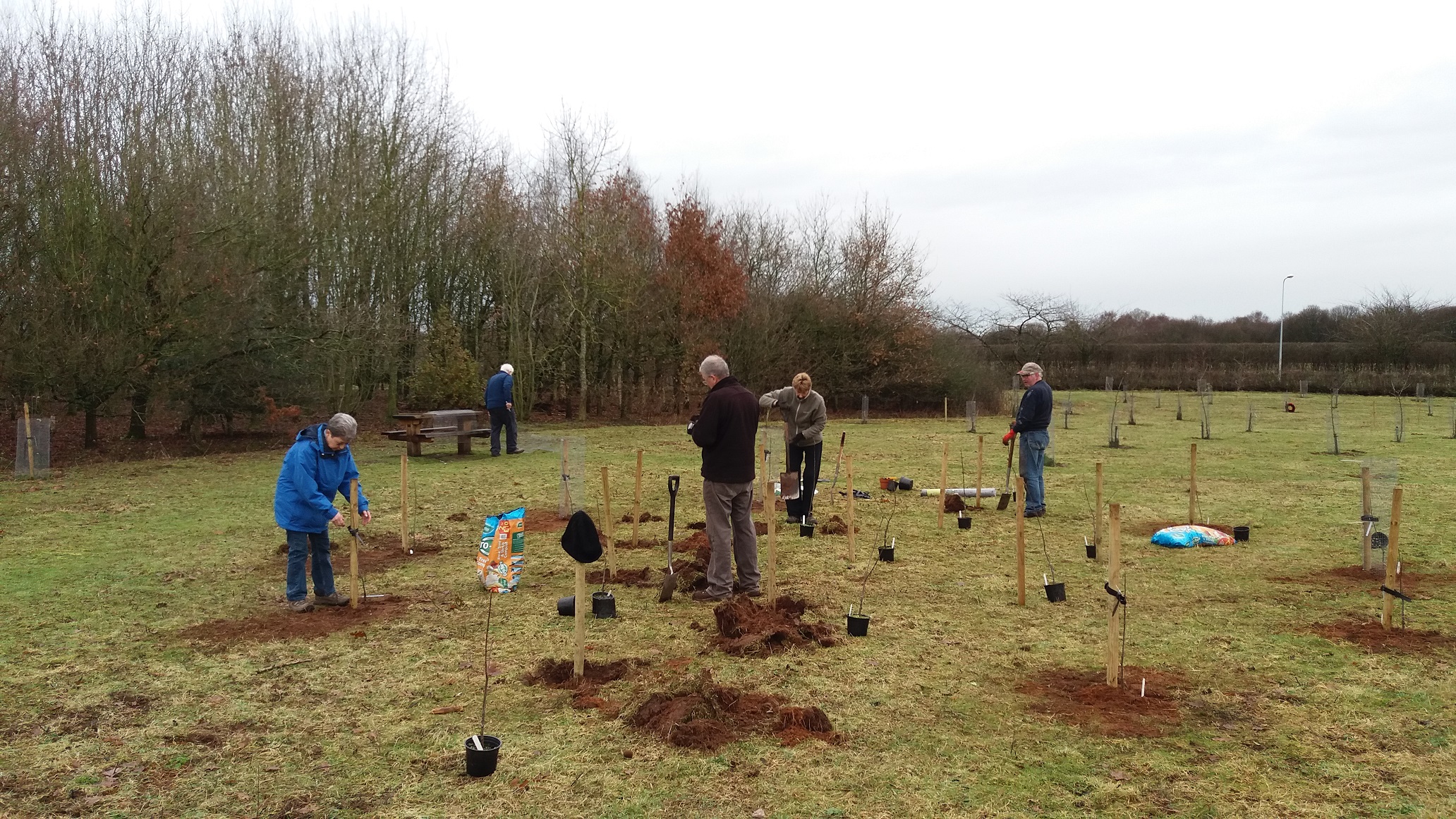
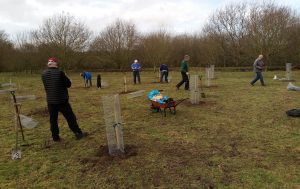
We also have another 79 trees. All grafted to MM106 rootstocks, they are made up of 12 different heritage Cheshire varieties. The present layout is shown below:
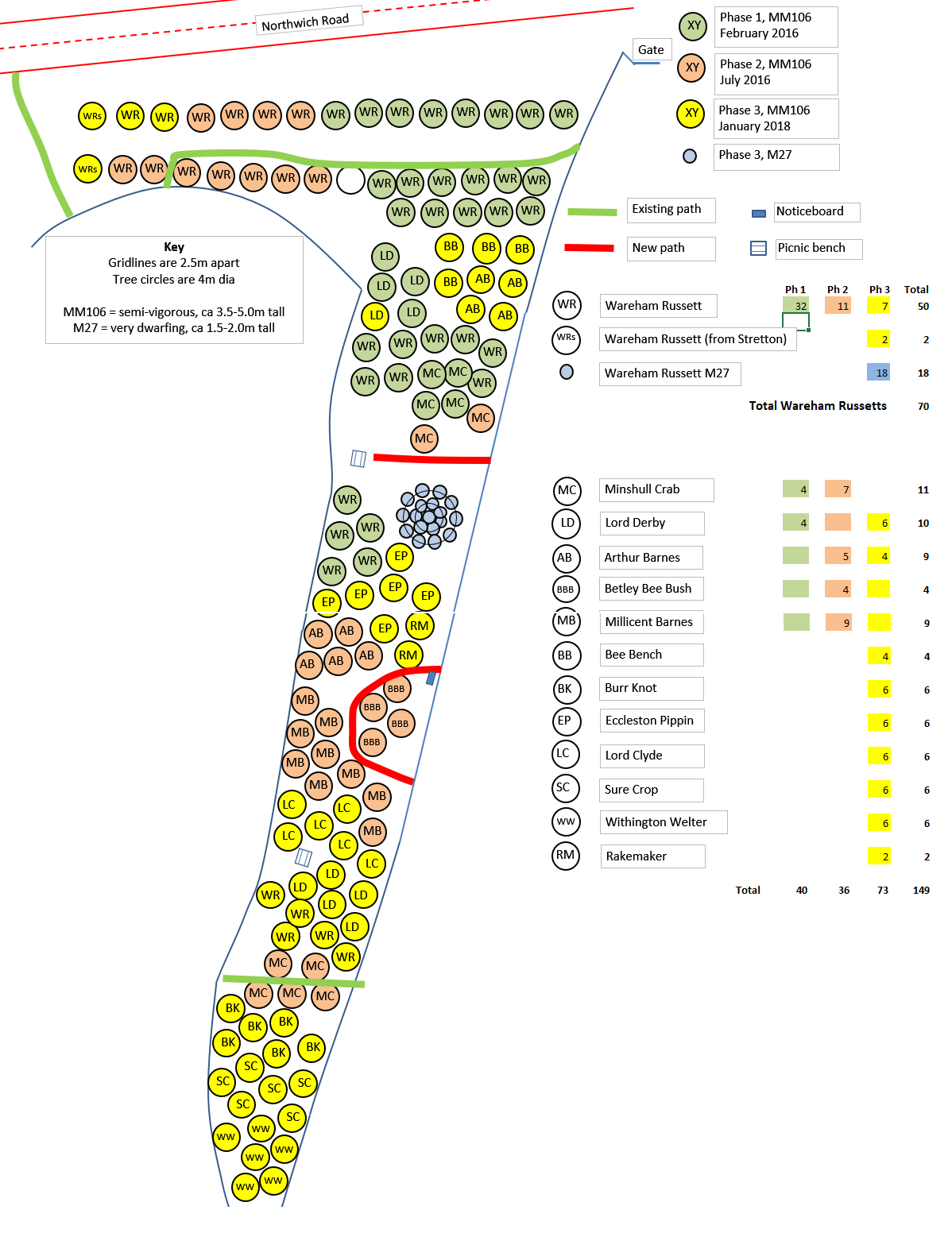
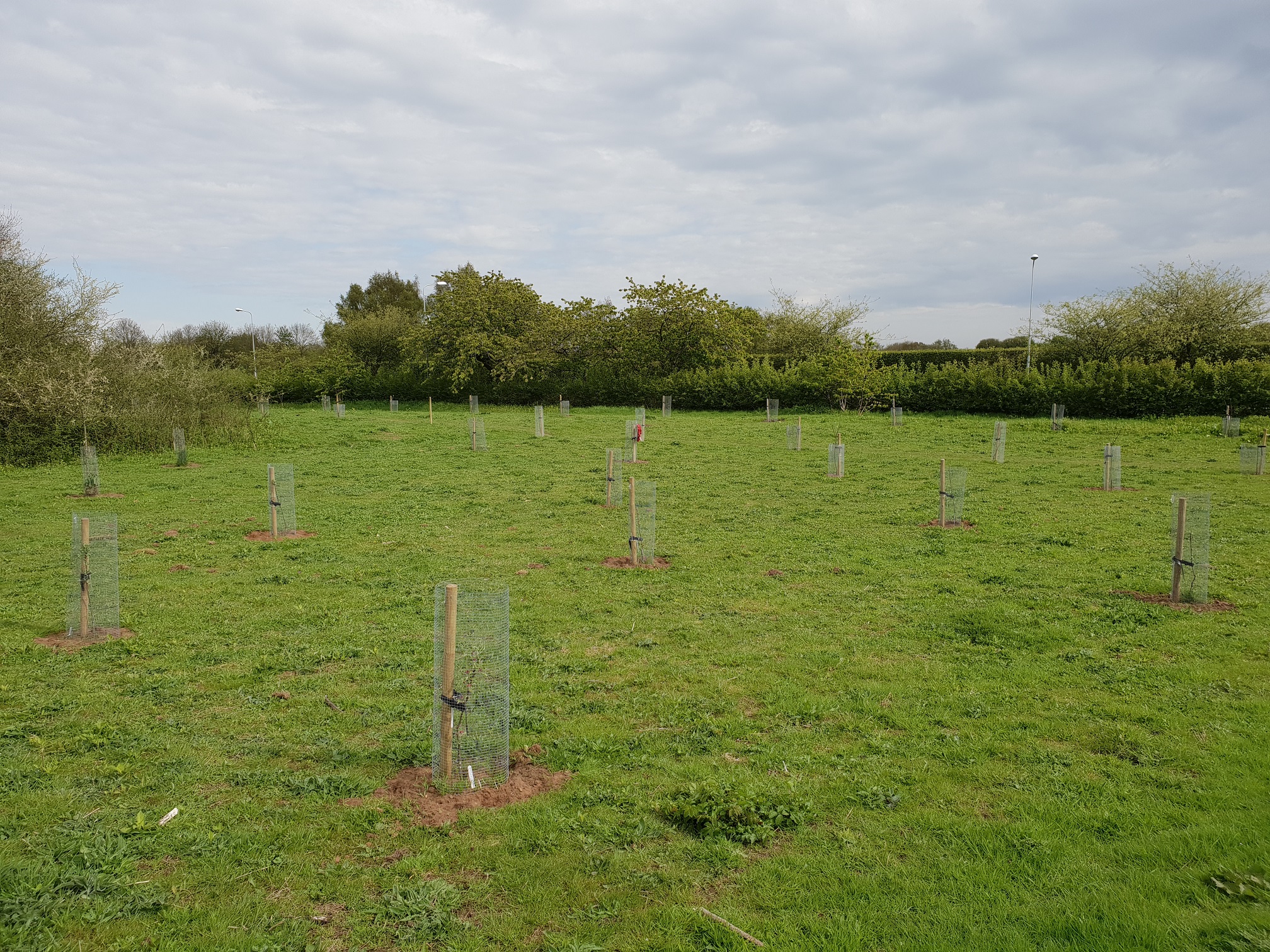
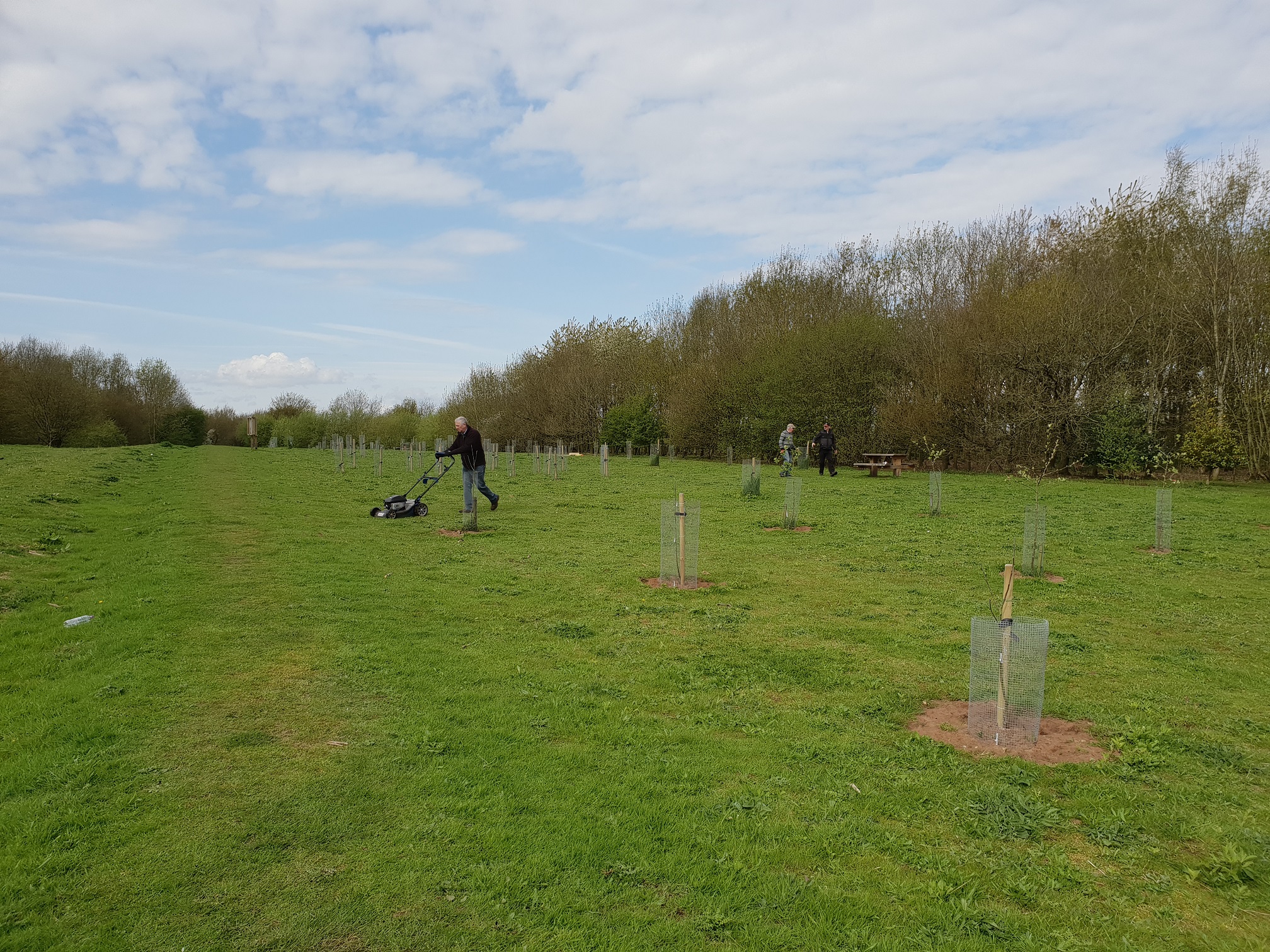
In addition to the Wareham Russetts that we have planted in the Orchard, we have also donated or sold another 19 saplings to organisations or individuals in the Weaverham area. We hope that in this way, by ensuring that the new trees are spread around the village, we will be able to ensure that the future of the Wareham Russett is once again secure.
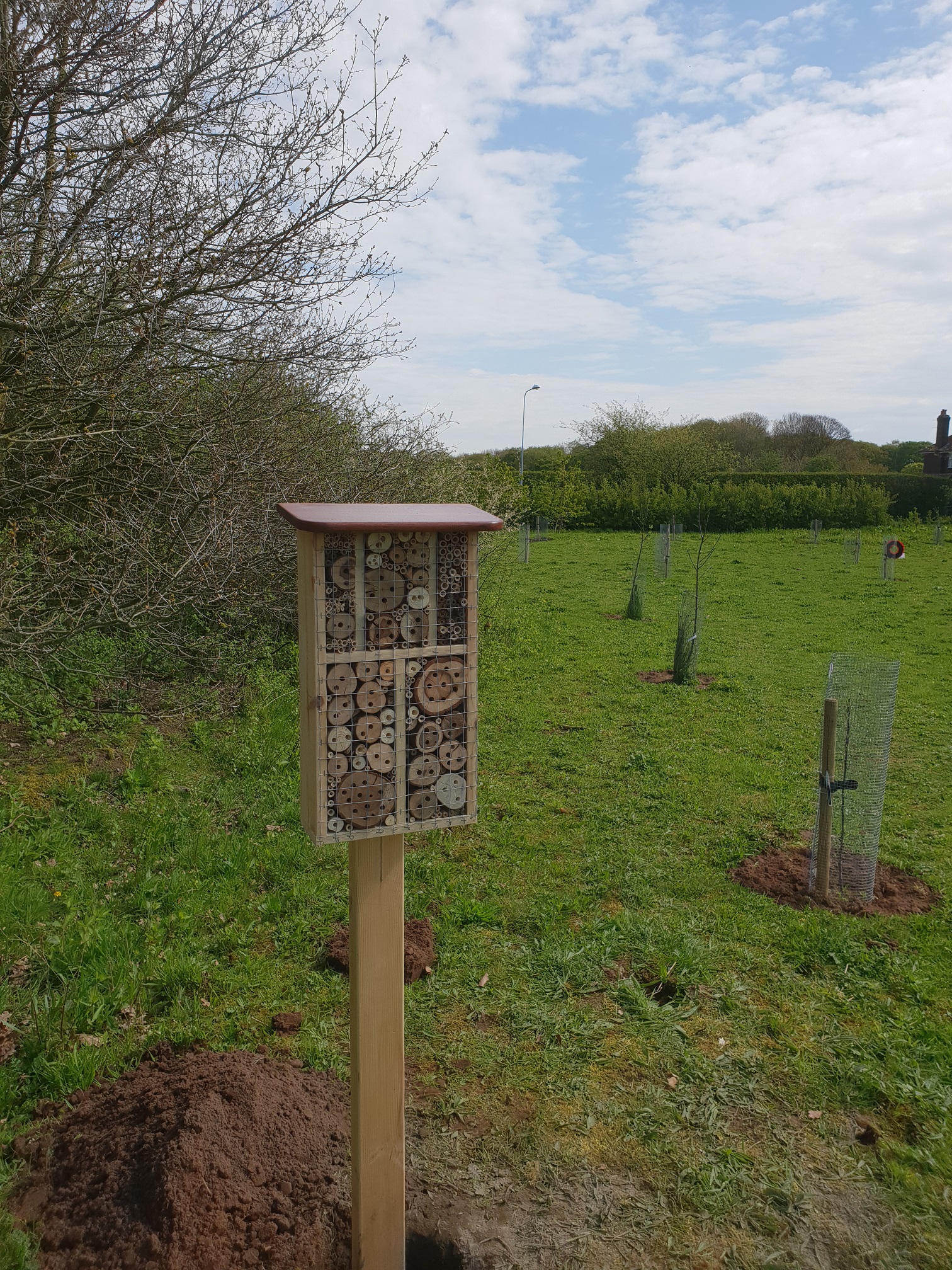
In May we also installed two Bee Hotels. Made by Fiona Casson and her father, we hope that these will help to encourage bees to visit our trees for pollination!
We do have another 20 grafts growing on, which again were prepared for us by Harry Delaney at Reaseheath College (see the earlier post here); 15 more Wareham Russetts – which we expect will all be donated to more organisations, or sold to individuals – and 5 Rakemakers, which we want to add to the 2 that we already have in the Orchard.
Finally, as we have said before, many varieties of pear were used to dye uniforms khaki during the First World War. It is believed that the Hazel Pear, commonly grown in Acton Bridge, was one of them. We intend to plant 2 of these, together with 2 Cheshire Prune trees (damsons).
We intend to manage the orchard in an environmentally sensitive manner, and to share the harvest when the trees are mature. To help us in this respect we are always looking for volunteers to help with the ongoing maintenance such as weeding, pruning and litter-picking. We usually have fortnightly work mornings, especially during the summer months, and if you would like to join us please contact us here.
We hope the Memorial Orchard will become a reminder of Cheshire’s apple, pear and damson growing heritage, helping to preserve for everyone to taste and enjoy many old varieties once commonly grown in this area. We also hope it will provide a place of quiet reflection for us to remember those who made the ultimate sacrifice.

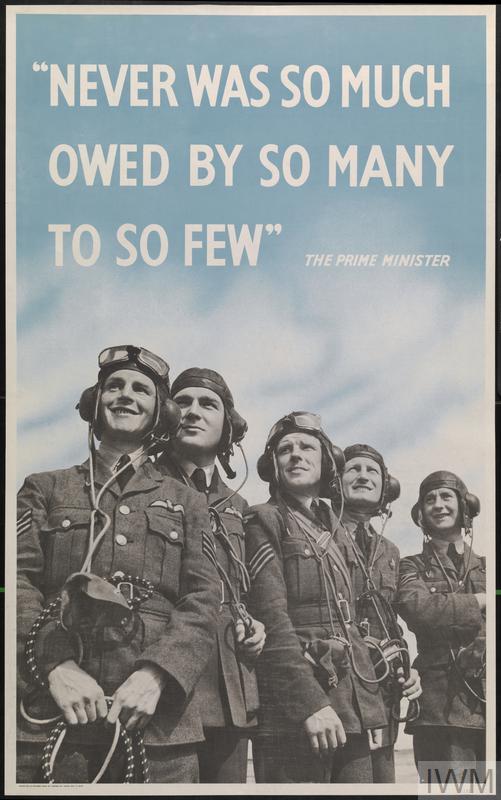
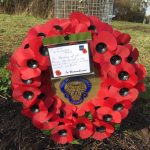
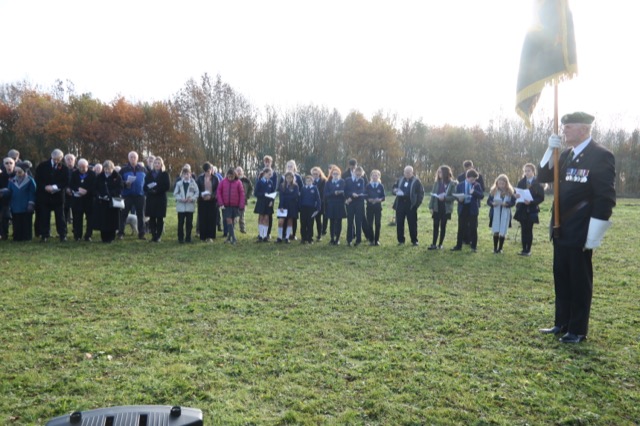
Comments are closed, but trackbacks and pingbacks are open.